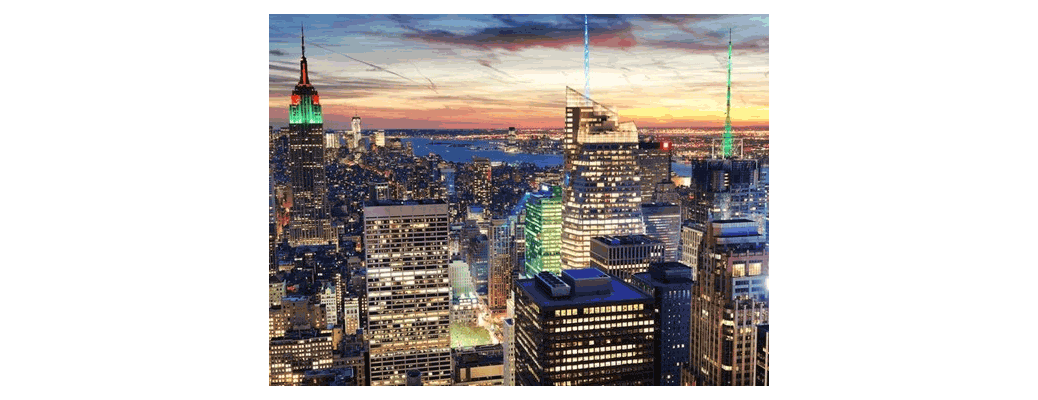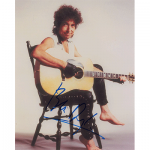May marks the beginning of the art auction season in New York City. The major metropolis plays host to two large post-war and contemporary art auction events each year and this season promises to break some records. The amount of money in the fine art market has been steadily increasing over the last decade. Currently, some fear that the speculation in the fine art world has become somewhat dangerous. The trend is rising prices has been supported by the emergence of third-party guarantors en masse. These guarantors agree to buy a painting at a certain price before it ever goes to auction. If it manages to sell for more than the guarantee at auction, the guarantor gets a cut of the sale. This system is not new by any means, but is more common now than it ever has been before.
The spring auction season
The catalogues at New York's biggest auction houses list a variety of high-profile names from the modern to contemporary art world. Picasso, Monet, Koons, Twombly, Haring and Richter are some of the most prominent artists whose work will be offered up as bidding gets underway. Last November, it was a triptych by Francis Bacon titled "Three Studies of Lucian Freud" that made headlines for its final selling price of $142 million. There is another Freud triptych going to sale this spring titled "Three Studies for a Portrait of John Edwards", though it is unclear whether or not it will be able to top last year's high.
Securing a guarantee
Many sellers are attracted to the idea of getting a guarantor to ensure that the piece will sell. It used to be that auction houses would be the ones to guarantee a work in order to entice the seller to list the painting with them. The process promises a certain amount before the auction in exchange for a cut of the final sale price. It is currently becoming very common for third-parties to act as guarantors. This season, there is an estimated $500 million to $600 million in pre-auction guarantees. Some denounce this practice as taking the romance and excitement out of the art-collecting world. Others, however, are happy to have the added security when walking into an auction. After all, competition can be stiff at these events and paintings that don't sell probably won't for another four or five years.
Be sure to check on iCollector for updated listings of art auctions around the world.




